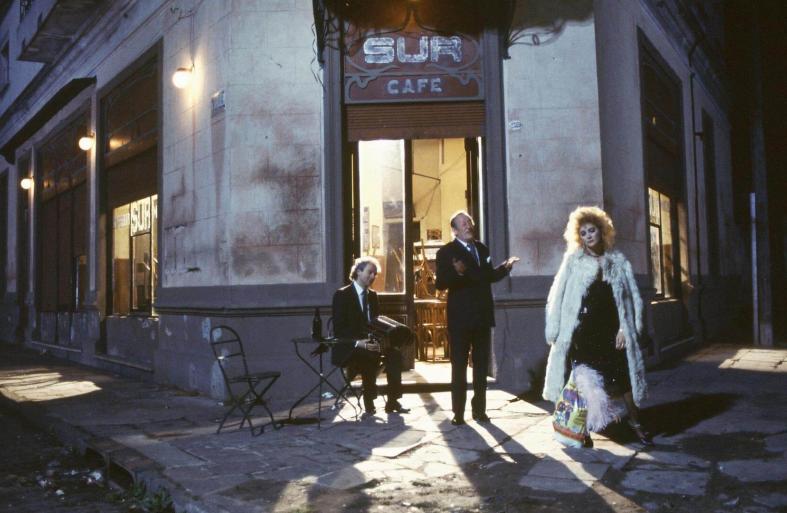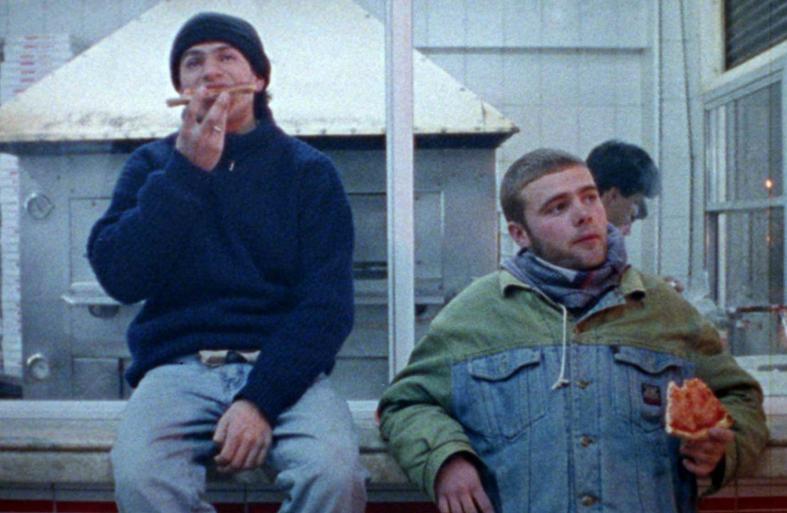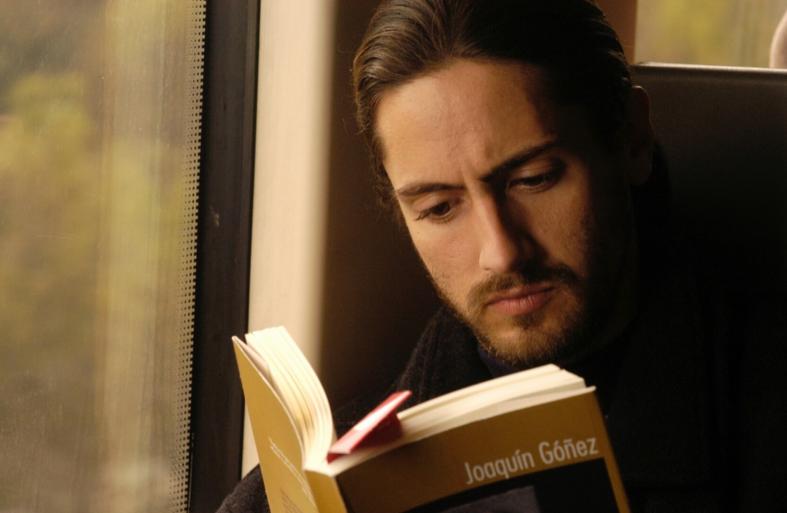In recent years, a great effort has been made to transfer films into digital format. In archives around the world, classic films are being scanned in high quality, allowing them to be re-presented to the public. Thanks to this effort and courtesy of the Argentine Directors Association and the Embassy of Argentina in Israel, the Jerusalem Cinematheque is presenting four classics of Argentine cinema, through which the political and cinematic changes experienced by Argentina in the last four decades can be seen. The social and political struggles are echoed through these films, not only in the films’ subjects, but also in their cinematic styles, ranging from expressionism to realistic fantasy, social realism and personal drama. Each of the films presented offers a different look at similar issues and watching the four films together is an opportunity to follow the evolution of a cinematic culture and the way it deals with local reality.






